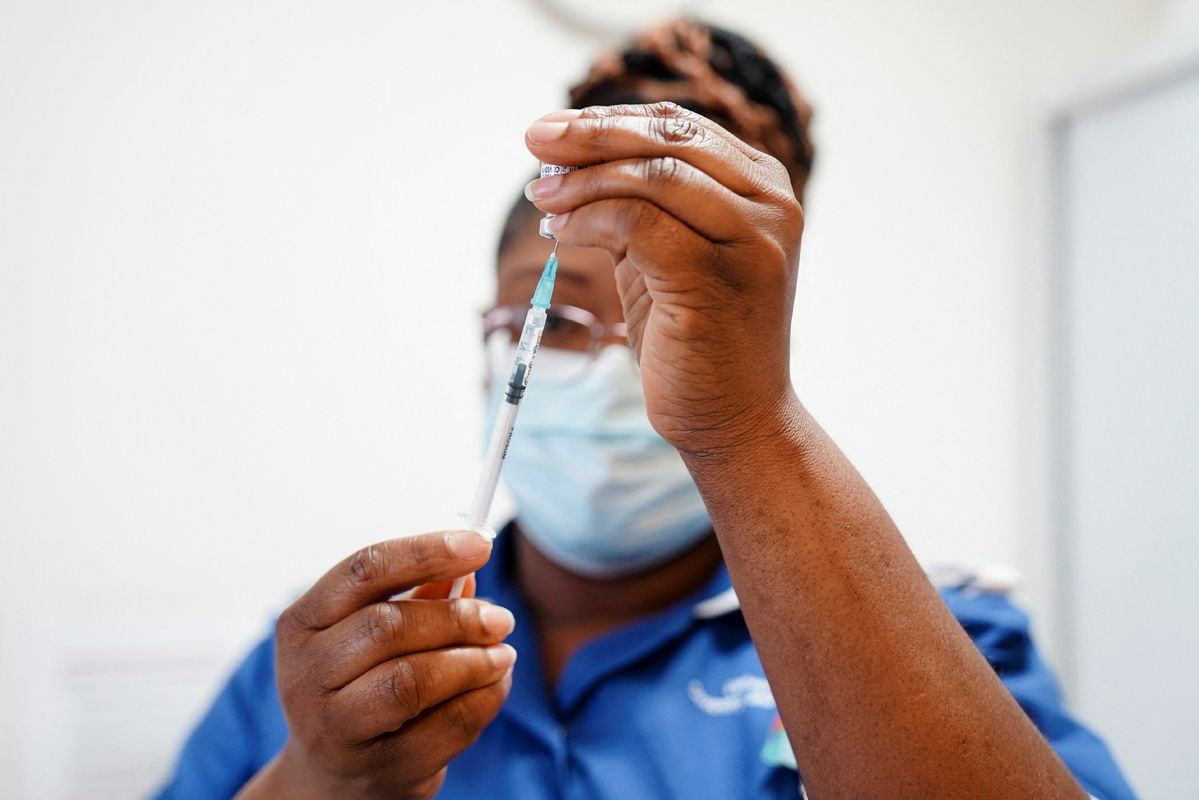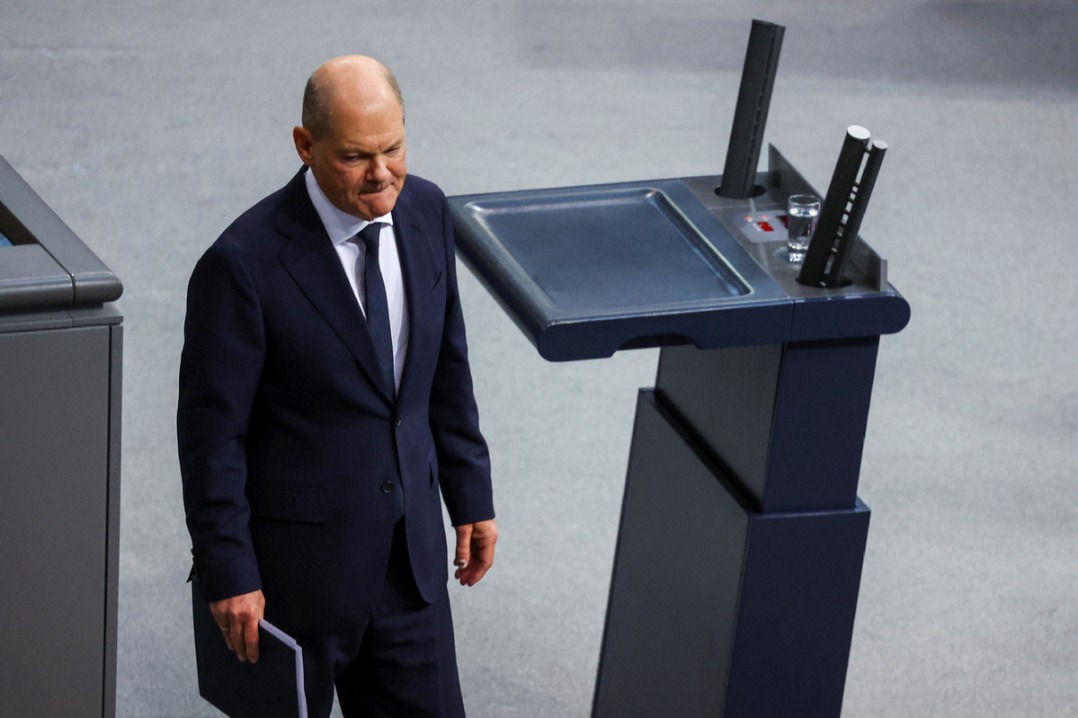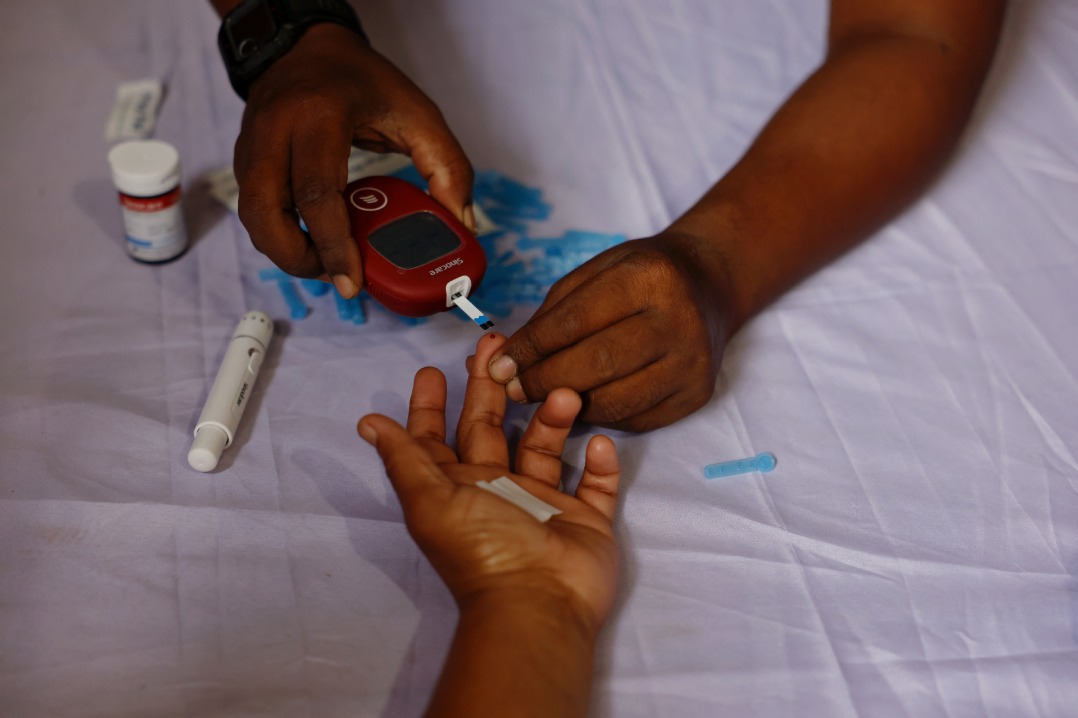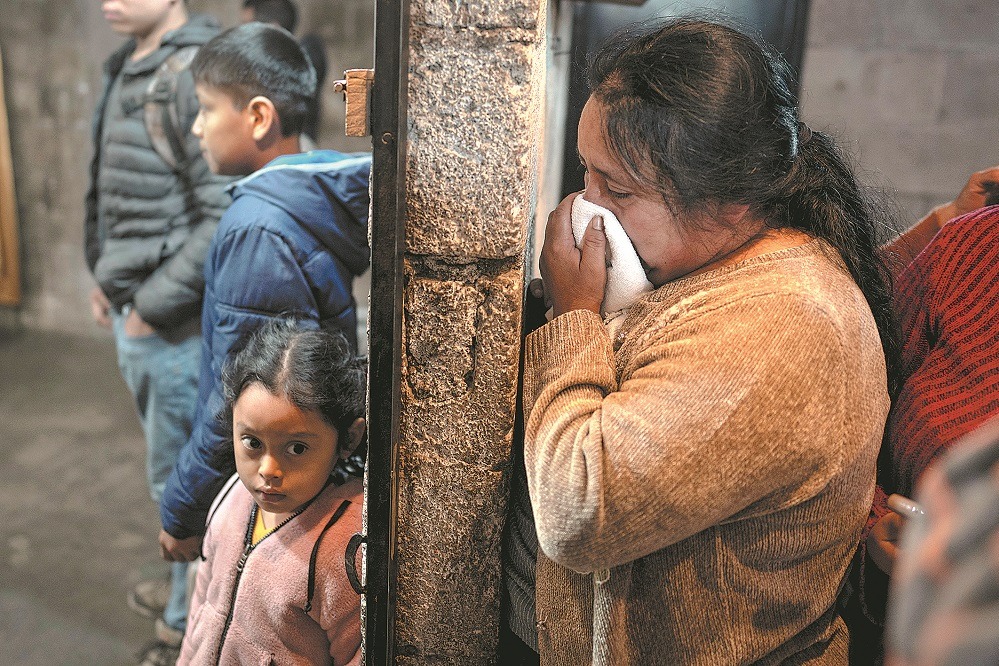Virus apathy threatens UK booster plan


Doctors fear many people will forgo new round of novel coronavirus jabs
Healthcare experts in the United Kingdom are concerned that a growing nonchalance about the novel coronavirus could dilute the nation's next rollout of booster jabs, and let COVID-19 flare once again.
Azeem Majeed, a professor of primary care and public health at Imperial College London, told The Guardian that many people think the pandemic is over and may, therefore, not be interested in consolidating their protection with a booster jab this fall.
"I think it's very likely we will see a lower uptake for the autumn COVID-19 vaccine boosters than for the first two vaccinations," he said ahead of the Sept 5 start of the booster program. "We saw a lower uptake of the first booster last winter, and for the second booster that was offered to older people and some other groups in the spring. Speaking to my patients, many of them say they feel they have had enough COVID-19 vaccines."
Majeed said protection will fade as a result.
He said the apathy followed the nation scaling back its COVID-19 defenses, including its mass testing program and its legal requirement for people to wear face masks. Majeed said the government has even been talking about "post-pandemic recovery", which reinforces the impression that the pandemic is over and that encourages people to let down their guard.
Adam Finn, a pediatrics professor at the University of Bristol and a member of the Joint Committee on Vaccination and Immunization, told the paper: "It's a concern-especially since all other measures … have been dropped."
And the message that the danger has not passed is being made increasingly hard to impart in the wake of declining case numbers, with the latest figures from the Office for National Statistics, or ONS, showing that around 1.7 million people in the nation of 68 million-or around 1 person in 40-had the virus this month. That compares to around 3.5 million in July.
"Infections have continued to fall across much of the UK to levels last seen in mid-June," Sarah Crofts, head of analytical outputs for the ONS' COVID-19 infection survey, told the BBC.
Deaths and hospitalizations are also way down.
While the news is undeniably good, healthcare professionals know another wave of infections could arrive this winter and that the strain prevalent then could be more deadly, so a successful booster program is now crucial.
































